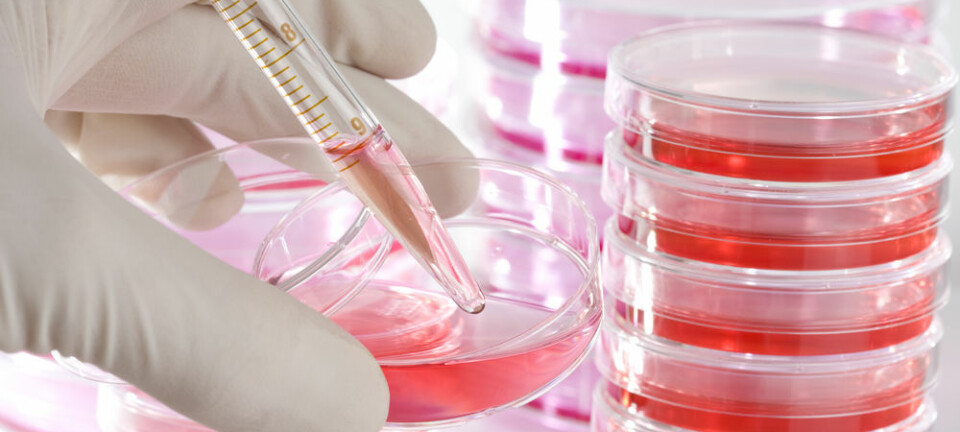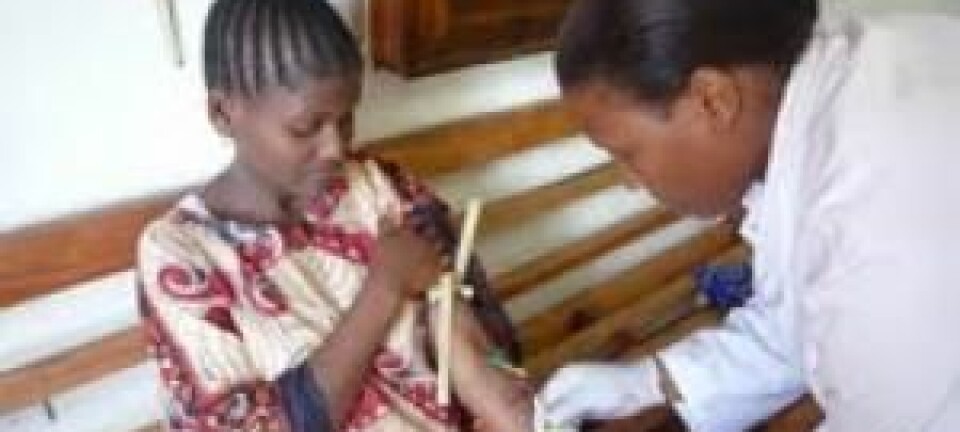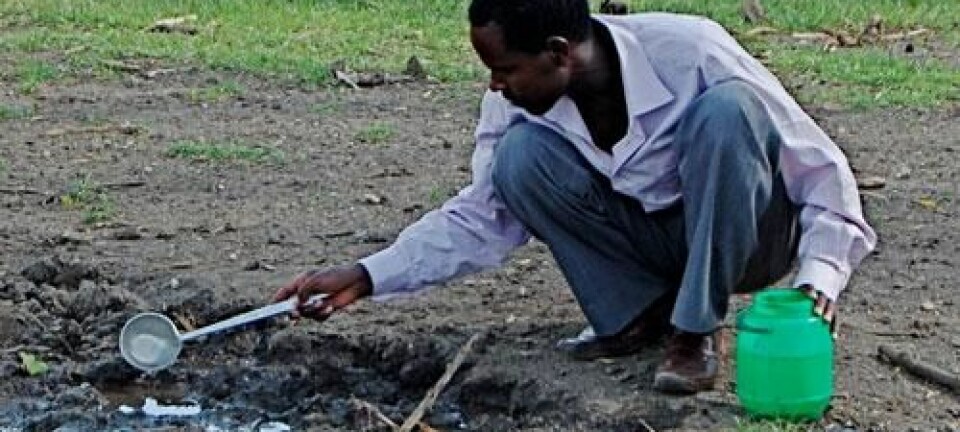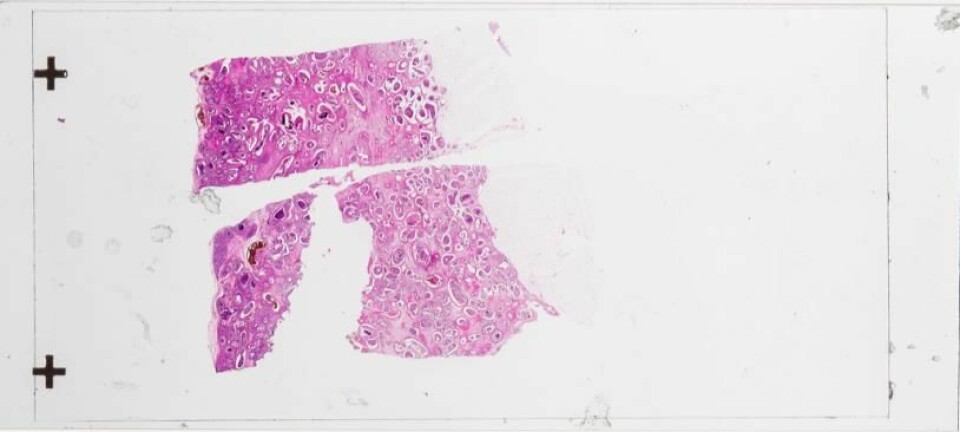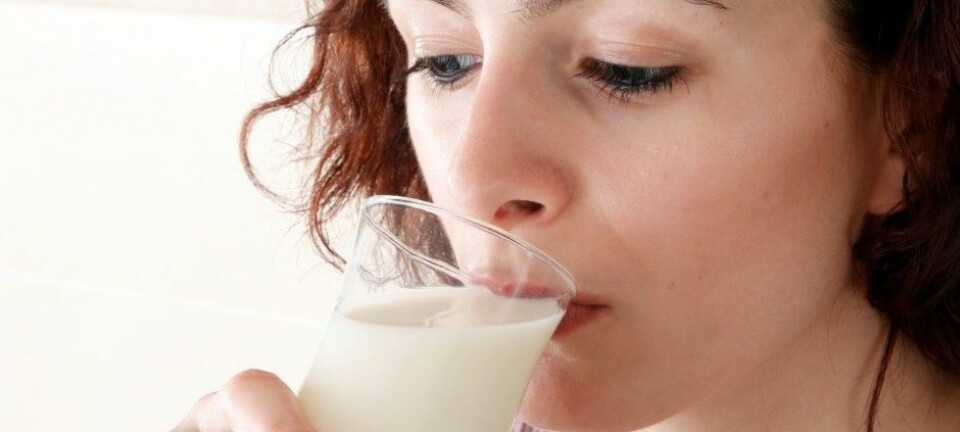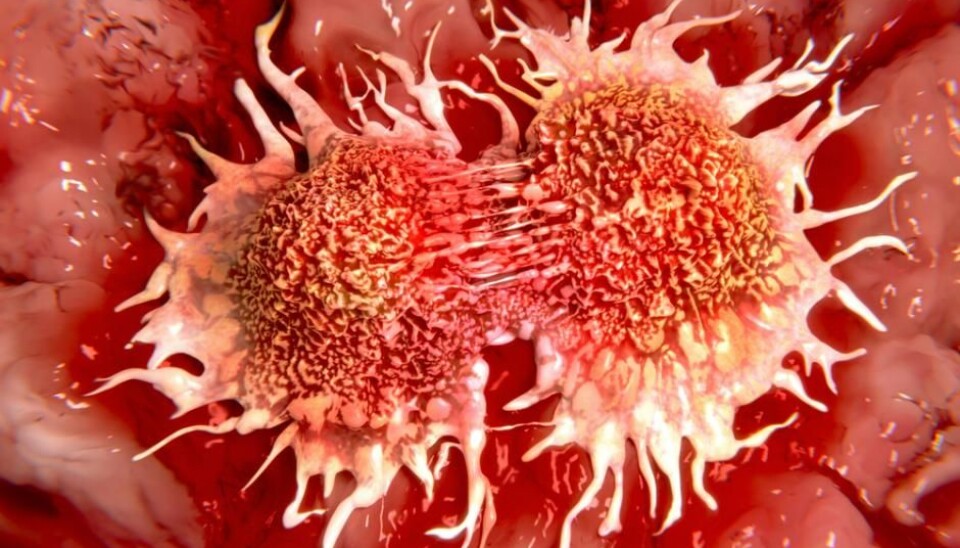
Malaria vaccine halts spread of cancer
Scientists have successfully used a malaria vaccine to neutralise sugars on the surface of cancer cells, preventing cancer from spreading throughout the body.
Cancer cells are coated in a very particular type of sugar.
New research shows that these sugars can be neutralised by a malaria vaccine for pregnant women, and prevent the cancer cells from spreading to other tissue.
The malaria vaccine could be a new weapon in the fight against many types of cancer, concludes the authors behind the new study.
“Cancer cells behave like a person trying to make their way through a busy crowd in the dark. They have to squeeze their way through,” says co-author Thomas Mandel Clausen. A postdoc in the Department of Immunology and Microbiology at the University of Copenhagen, Denmark.
“When we neutralise the sugars with our malaria vaccine, it’s as though the cancer cells suddenly lose their hands and can no longer interact with their surroundings and move,” says Clausen.
The sugar helps cancer cells to navigate and spread to other tissue and finally metastasis, which has dangerous implications for cancer patients.
“We strike at this capability by putting the sugar out of action,” he says.
The results are published in the scientific journal Molecular Cancer Research.
Read More: Malaria protein targets and kills cancer cells
Malaria vaccine showed the way
The new study follows previous research into a vaccine to combat malaria in pregnant women.
During the project, the scientists discovered that the vaccine bound to two types of sugar on the surface of the cells in the placenta. These same sugars are also found on 95 per cent of all cancer cells.
They discovered that the vaccine was effective at treating cancer in mice. But the new study identifies the mechanism that makes these sugar so effective in combating the spread of cancer.
“In the first study, we discovered a sugar that exists on the surface of nearly all cancer cells. We also discovered that we could strike them with the new malaria vaccine. Scientists have been looking for some characteristic like this to separate out cancer cells from all other cells,” says Clausen.
“Cancer cells have the same characteristics as healthy cells. But it looked like this sugar could be different. So the next step was to find out how it worked,” he says.
Read More: Chemists take top prize in Danish Research of the Year Award
Vaccine has huge potential
The new results have big implications for the development of new treatments and techniques to diagnose cancer.
Clausen and his team hope that the results can now be used to develop a universal treatment for a range of different cancers.
“That means that we can find cancer cells by making drugs that bind to the sugar and colour it. This way it illuminates the tumour in the body. We can also attack cancer cells by making something that binds to the sugars and breaks down the cancer cells,” says Clausen.
The new results have impressed Clinical Professor Peter Hokland, from the Department of Clinical Medicine--Department of Haematology, at Aarhus University, Denmark.
“I’m still impressed how the scientists could think out of the box when it comes to malaria and placenta cells, and that this has led to a possible new treatment for cancer,” says Hokland.
He was not involved in the new study but has followed Clausen’s team’s work over the years.
“The scientists have clearly been working in the right direction,” he says, but adds that “there’s still some way to go before I can see any immediate consequences for cancer patients.”
------------------
Read the Danish version of this article on Videnskab.dk
Translated by: Catherine Jex
